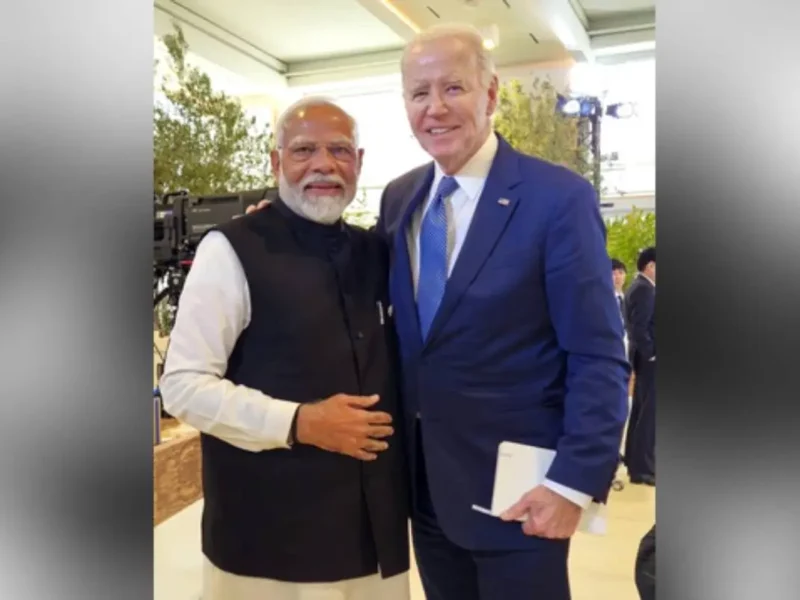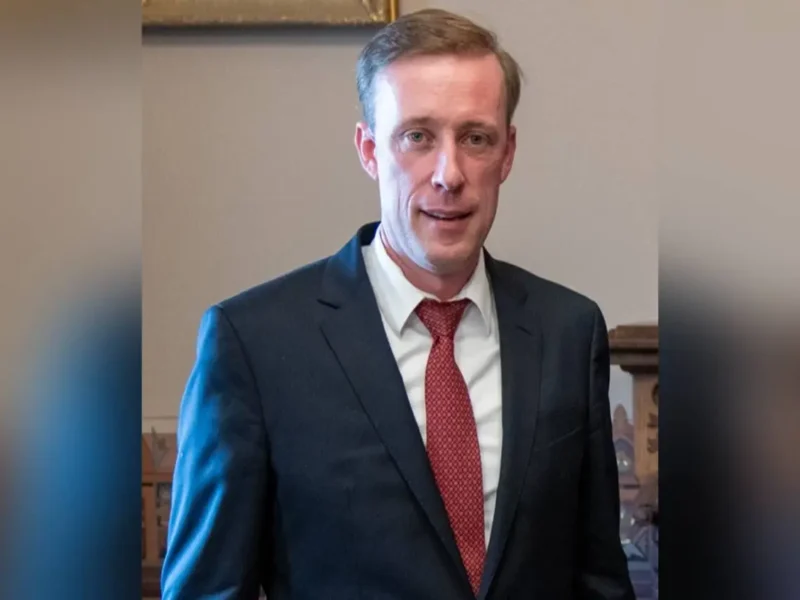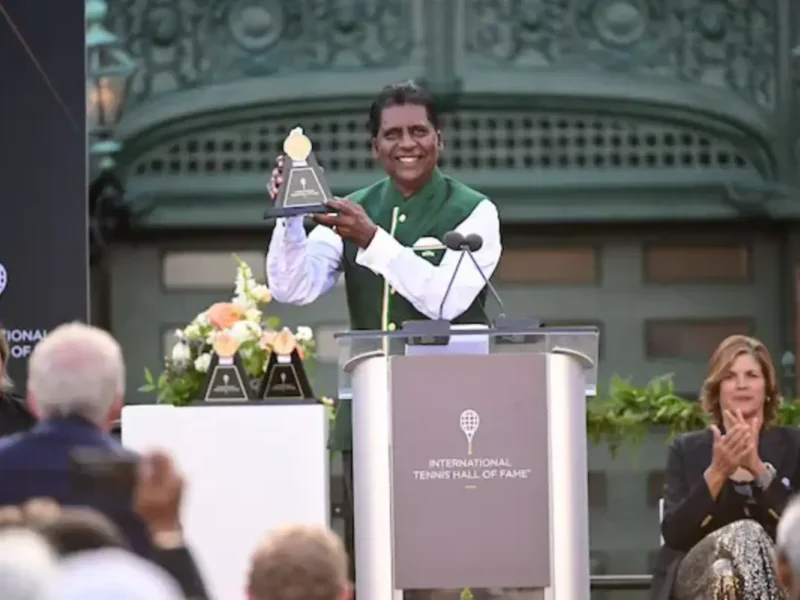
Green Card Backlog A Problem: Thanedar
WASHINGTON, DC (IANS) – The Green Card backlog is causing hardships for skilled workers, including Indians, while American businesses are in need of more immigrants, according to Congressman Shri Thanedar.
Representing Michigan’s 13th Congressional district, Thanedar is actively working on multiple bills to address the lengthy wait times for Green Cards, which grant immigrants permanent residency and the right to work in the US.
In a Twitter post on June 15, Thanedar, who is not only a Congressman but also an immigrant, shared his personal journey and emphasized the importance of skilled immigrants for American businesses. He acknowledged the difficulties posed by the long Green Card backlog, particularly affecting scientists, skilled workers, and their families.
Thanedar stressed the need for reforming the broken immigration system and expressed his commitment to clearing the Green Card backlog. His efforts aim to facilitate the process for immigrants, as they contribute to job creation and the growth of the American economy.
Estimates indicate that foreign-born workers constitute 17 percent of the workforce, with approximately 4.4 percent being undocumented workers.
Thanedar, along with a group of 100 Democrats, introduced a bill in May seeking to eliminate country-based quotas for Green Cards and reform the H-1B visa program, which is highly sought after.
The US Citizenship Act 2023, introduced earlier, aims to provide an earned roadmap to citizenship for all 11 million undocumented immigrants, including Dreamers, TPS (Temporary Protected Status) holders, and some farmworkers, offering them a direct path to citizenship.
Each year, the US allocates only 140,000 Green Cards for employment-based applicants, with a 7 percent cap per country on Permanent Resident Cards.
Backlogs occur when the number of individuals sponsored from a single country exceeds 7 percent of the total annual availability.
Consequently, approved petitions beyond the initial 7 percent per-country cap are not considered until a visa becomes available.
A recent study by the Cato Institute revealed that the employment-based Green Card backlog for skilled Indians reached 719,000 in September 2021, with an estimated wait time of 90 years.
The study further stated that over 200,000 Indians in this backlog are likely to pass away before they can potentially receive a Green Card, unless there is a change in the law.
The number of employment-based Green Cards issued to individuals from India is approximately 7,000-8,000 per year.
According to the US Department of State’s National Visa Center (NVC), the number of Green Card applicants whose cases were complete and ready for interview slightly decreased from 409,021 in February to 396,877 in April, representing a decrease of approximately 3 percent.
Despite the slight decrease in case counts, the number of people scheduled for Green Card interviews saw a small increase, with the NVC scheduling 41,904 interviews in April compared to 38,896 interviews in February.
In March, Indian-American Congressman Raja Krishnamoorthi introduced the Eliminating Backlogs Act of 2023, aiming to address Green Card backlogs. The bill proposes greater flexibility in utilizing existing allotted work visas, which employers urgently need, and ensuring the optimal utilization of employment-based visas allocated each year under existing immigration law.




